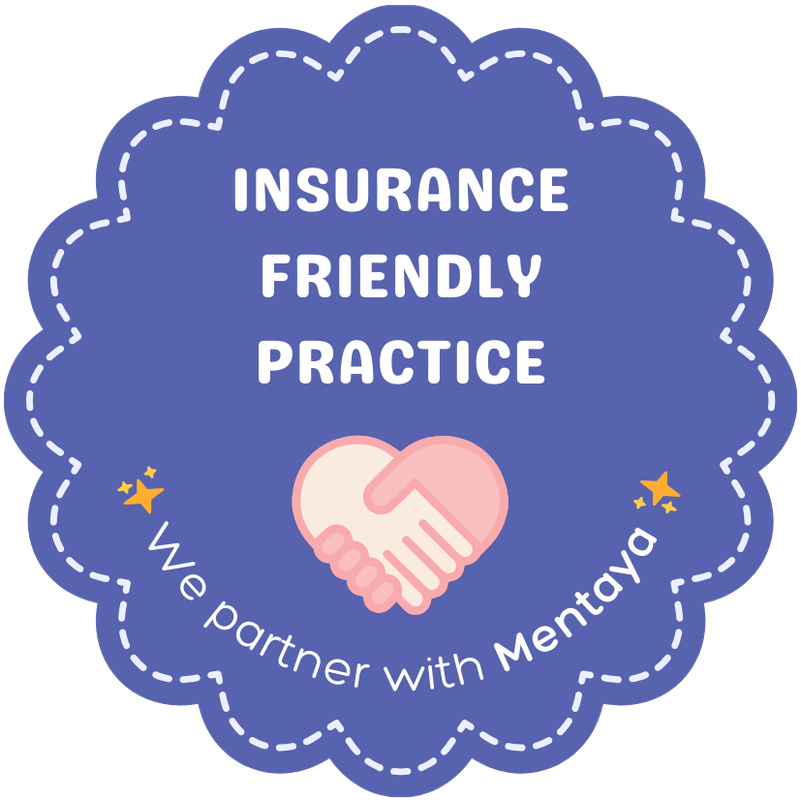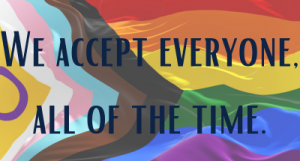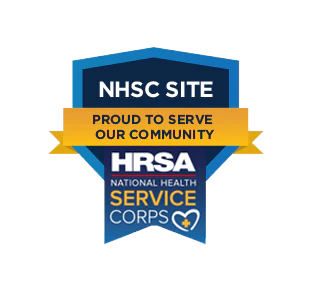Building Healthy Relationships: Communication Tips for Couples and Friends

- posted: Sep. 11, 2024
Strong, healthy relationships are essential for mental well-being. Whether with romantic partners, friends, or family members, communication is the foundation upon which relationships are built. However, misunderstandings and communication breakdowns can cause tension, resentment, and emotional distance.
The Importance of Effective Communication
Research has shown that individuals in healthy, communicative relationships tend to experience lower levels of stress, greater emotional resilience, and improved mental health . In contrast, poor communication can lead to feelings of isolation, frustration, and anxiety.
Healthy communication involves both speaking and listening. Expressing your feelings and needs clearly while also understanding the perspective of the other person helps prevent misunderstandings and build trust.
Common Communication Challenges
Many of the communication difficulties that arise in relationships stem from misunderstandings, assumptions, or emotional reactivity. Common barriers to effective communication include:
Interrupting: Cutting someone off before they’ve finished speaking can create feelings of frustration and disrespect.
Defensiveness: Responding defensively to feedback can escalate conflicts instead of resolving them.
Mind Reading: Assuming you know what the other person is thinking or feeling without asking can lead to misinterpretation and unnecessary conflict.
Communication Techniques for Healthy Relationships
Active Listening: Active listening means fully engaging with what the other person is saying without interrupting or planning your response while they speak. According to research from Harvard Business Review, active listening improves communication and deepens relationships by helping individuals feel heard and understood .
Use “I” Statements: When addressing a conflict, expressing your feelings using “I” statements rather than blaming the other person can lead to more productive conversations. For example, instead of saying, “You never listen to me,” try, “I feel unheard when I’m interrupted.”
Nonverbal Communication: Communication isn’t just about the words we use. Nonverbal cues such as eye contact, body language, and tone of voice play a significant role in how our messages are received. Research published in Psychology Today suggests that nonverbal communication can account for up to 93% of communication effectiveness .
Seek Professional Help When Needed: Relationship counseling can be a valuable tool for couples or friends struggling with communication. A licensed therapist can provide guidance and help identify patterns that may be hindering effective communication.
Healthy relationships take work, but by improving communication skills, you can build stronger, more resilient connections with those around you.
If you’re struggling with communication in your relationships, consider seeking professional guidance. Allied Wellness Collective offers couples and individual counseling to help improve communication, resolve conflicts, and strengthen relationships. Contact us today to learn more.
Sources
American Psychological Association. (2014). Communication skills for healthy relationships. Retrieved from https://www.apa.org/topics/communication/healthy-relationships
Harvard Business Review. (2016). The power of active listening. Retrieved from https://hbr.org/2016/07/the-power-of-listening-in-relationships
Psychology Today. (2019). How much of communication is really nonverbal? Retrieved from https://www.psychologytoday.com/us/blog/beyond-words/201909/how-much-communication-is-really-nonverbal

- posted: Sep. 11, 2024
Strong, healthy relationships are essential for mental well-being. Whether with romantic partners, friends, or family members, communication is the foundation upon which relationships are built. However, misunderstandings and communication breakdowns can cause tension, resentment, and emotional distance.
The Importance of Effective Communication
Research has shown that individuals in healthy, communicative relationships tend to experience lower levels of stress, greater emotional resilience, and improved mental health . In contrast, poor communication can lead to feelings of isolation, frustration, and anxiety.
Healthy communication involves both speaking and listening. Expressing your feelings and needs clearly while also understanding the perspective of the other person helps prevent misunderstandings and build trust.
Common Communication Challenges
Many of the communication difficulties that arise in relationships stem from misunderstandings, assumptions, or emotional reactivity. Common barriers to effective communication include:
Interrupting: Cutting someone off before they’ve finished speaking can create feelings of frustration and disrespect.
Defensiveness: Responding defensively to feedback can escalate conflicts instead of resolving them.
Mind Reading: Assuming you know what the other person is thinking or feeling without asking can lead to misinterpretation and unnecessary conflict.
Communication Techniques for Healthy Relationships
Active Listening: Active listening means fully engaging with what the other person is saying without interrupting or planning your response while they speak. According to research from Harvard Business Review, active listening improves communication and deepens relationships by helping individuals feel heard and understood .
Use “I” Statements: When addressing a conflict, expressing your feelings using “I” statements rather than blaming the other person can lead to more productive conversations. For example, instead of saying, “You never listen to me,” try, “I feel unheard when I’m interrupted.”
Nonverbal Communication: Communication isn’t just about the words we use. Nonverbal cues such as eye contact, body language, and tone of voice play a significant role in how our messages are received. Research published in Psychology Today suggests that nonverbal communication can account for up to 93% of communication effectiveness .
Seek Professional Help When Needed: Relationship counseling can be a valuable tool for couples or friends struggling with communication. A licensed therapist can provide guidance and help identify patterns that may be hindering effective communication.
Healthy relationships take work, but by improving communication skills, you can build stronger, more resilient connections with those around you.
If you’re struggling with communication in your relationships, consider seeking professional guidance. Allied Wellness Collective offers couples and individual counseling to help improve communication, resolve conflicts, and strengthen relationships. Contact us today to learn more.
Sources
American Psychological Association. (2014). Communication skills for healthy relationships. Retrieved from https://www.apa.org/topics/communication/healthy-relationships
Harvard Business Review. (2016). The power of active listening. Retrieved from https://hbr.org/2016/07/the-power-of-listening-in-relationships
Psychology Today. (2019). How much of communication is really nonverbal? Retrieved from https://www.psychologytoday.com/us/blog/beyond-words/201909/how-much-communication-is-really-nonverbal





